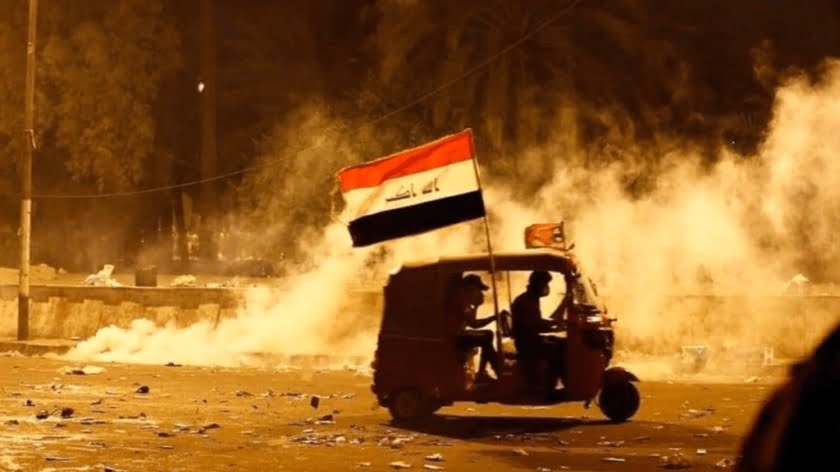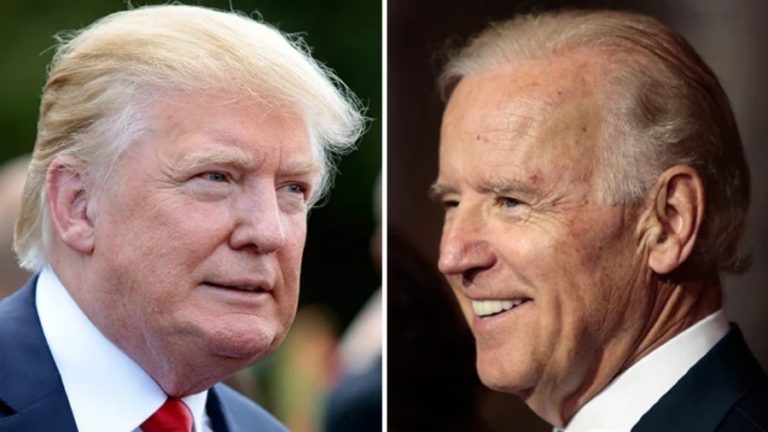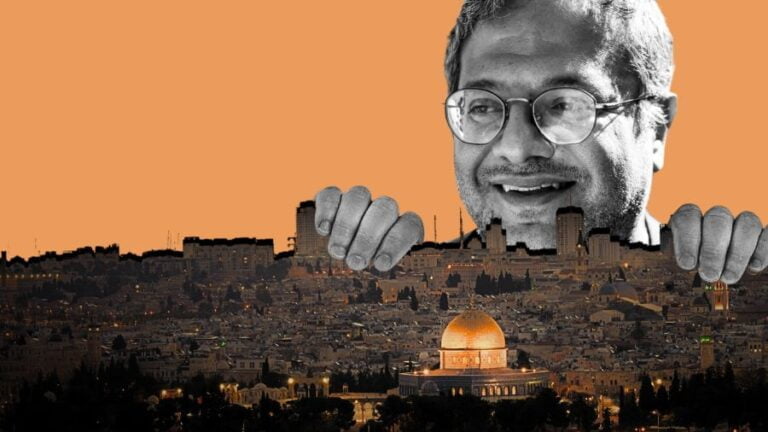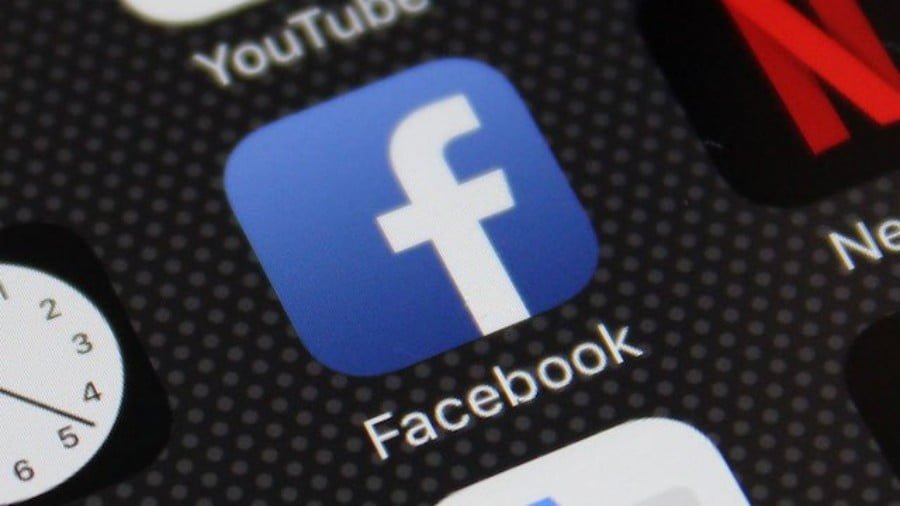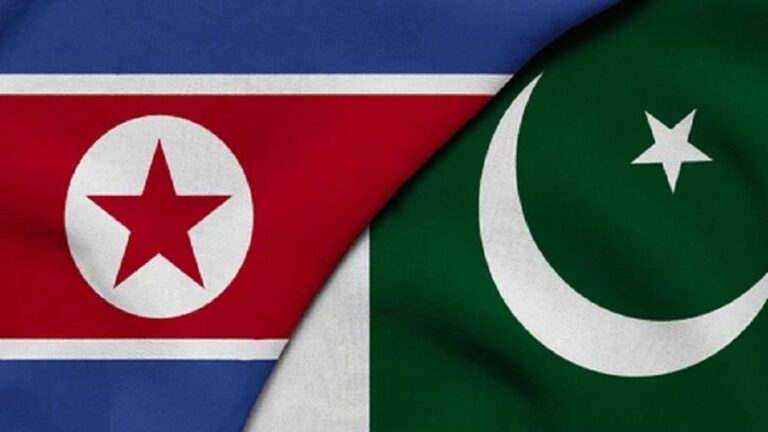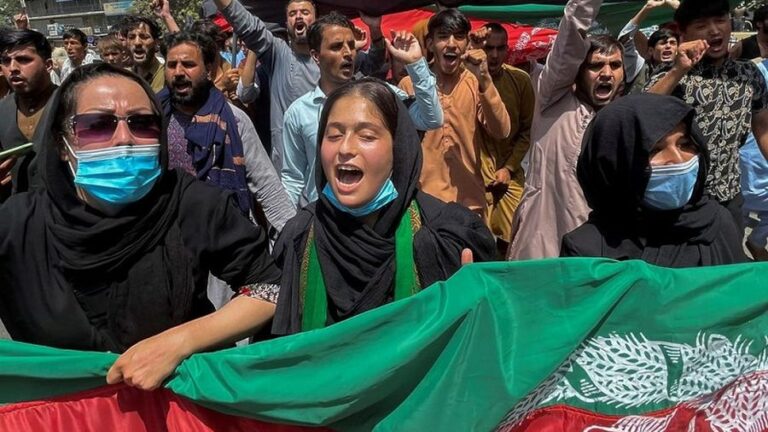The US and Iran in Iraq: Protestors Take Over the Streets, Demanding Government Reforms “or Else”…
During the last decade, whenever an Iraqi government was about to be formed or the election of a Speaker, a President and a Prime Minister is underway, US and Iranian envoys become very active, with the goal of influencing the elections and the formation of political coalitions and bringing “friendly” candidates to power. Iran is demonised by the US administration and mainstream media for its success in bringing to power leaders friendly to itself in Iraq. Iran also has robust ideological support among the security forces, but the mass media in the west seem entirely opposed to Iran. The US-Iran battle has heated up since the 25th of October, when protestors invaded the streets of different provinces, making legitimate demands for amendments to the constitution, serious political reforms, the improvement of basic life support needs and an end to the long-standing corruption. Grand Ayatollah Sayyed Ali al-Sistani has said clearly that these justified demands should not become pretexts for international (US) and regional (Iran) powers to intervene in Iraq. So what does the future hold for Iran and the US in Iraq?
On Monday 11th of November, some Iraqis in power expressed their belief that the US had asked the UN to check the opinion of the Marjaiya in Najaf towards protestors and how it envisages a possible solution to the conflict between the protestors and the government. Jeanine Antoinette Hennis-Plasschaert, a Dutch diplomat serving as Special Representative of the Secretary-General of the United Nations assistance mission in Iraq since November 2018, visited the Grand Ayatollah Sistani at his home in Najaf. A few days later, Thursday the 14th at 20:00 pm, IRGC-Quds brigade commander Qassem Soleimani landed at Najaf airport and visited Sayyed Sistani to discuss his requests for a solution to the unrest in the country. Soleimani returned to Baghdad the same evening with clear answers: reforms are inevitable within a specific time-table, and the US and Iran should stop intervening because protestors are for the most part sincere and have justified demands.

What the Marjaiya in Najaf wants echoes what the protestors are asking:
- Even if the current parliament is not considered to reflect the will of the population and their demands, the parliament should work, within a limited and pre-announced time-table, on a new electoral law that allows any Iraqi with sufficient votes to become a member of parliament or be eligible for the prime ministership. This office should not belong exclusively to the well-established political parties, defined as “sharks”. It is not possible to dissolve the parliament before the approval of a new law and the amendment of the constitution; to dissolve parliament immediately would be to risk a vacuum of legislative power.
- Appoint a new independent electoral commission, free from corruption or allegiance to any political party. The decisions of the last electoral commission were hotly contested; at least a dozen serving MPs were officially accused and found non-eligible to be members of parliament, and yet they are serving today and benefitting from all the prestige and advantages of these positions.
- Implement necessary constitutional amendments based on article 142 to rectify questionable articles and decide upon article 140 related to Kirkuk.
- Define article 76 and the meaning of the “largest coalition” with the power to appoint the Prime Minister.
- Only after agreeing on a new electoral law and the amendment of the constitution, should the parliament or the Prime Minister implement article 64 and dissolve the parliament, with the consent of the President of the Republic, and call for new elections within 60 days from the date of its dissolution.
This is the only plan acceptable to both the Marjaiya and the protestors so that a power vacuum can be avoided and the demands of protestors can be put on the right track. In fact, the Marjaiya in Najaf has been asking for new blood in the political leadership since the tenure of ex-Prime Ministers Ibrahim al-Jaafari and Nuri al-Maliki, but to no avail. The power of the protestors has provided much-needed support for the Marjaiya to become the voice of the protestors, the voice of the people.
Corruption, mismanagement, partisanship, nepotism and incompetence have been characteristic of all Iraqi leaders who have taken power since the US occupation of Iraq in 2003. Inexperienced Iraqis who were in exile returned to the country once Saddam Hussein was removed. Adel Abdel Mahdi told me when he was the Vice President: “We should return as opposition politicians because we don’t know how to run the country”.

Prime Minister Abdel Mahdi is one of the rare figures accepted by the Marjaiya in Najaf. Abdel Mahdi has the goodwill to truthfully rule the country and is trying to implement serious reforms. But he is faced with a political leader like Sayyed Moqtada al-Sadr who has 53 MPs and the largest number of Ministers and general directors in the administration. Moqtada is working against Abdel Mahdi and acting as an opposition leader. Moqtada Al-Sadr’s behaviour is not new to Iraqis – Moqtada is the one who introduced the anti-Iran narrative into the street scene. He has sponsored regular demonstrations in Baghdad with no objective, and now is turning his guns against the US. A new parliamentary election will be detrimental to al-Sadr who is expected to gain less than half of the seats he currently enjoys in the parliament and the cabinet.
There is a huge gap between political leaders and the population. Internal agreements between giant political parties are behind the appointments of the Speaker, the President and the Prime Minister. People feel they have no role in selecting their leaders. Protestors are on the streets asking for legitimate reforms and demanding a key role in determining the future of Iraq. Politicians will have to reckon with being held accountable to the people. They cannot continue to act with impunity and steal whatever their hands can grab hold of.
The government has failed to deal adequately with protestors and blundered with an obvious abuse of excessive force. The first seven days were catastrophic: 107 killed and 6000 wounded, an unacceptable number of victims on both sides, civilians and security forces. Most protestors’ main weapons these days are ‘Daabel’ (stones), that represent little danger to the security forces.
Al-Hashd al-Shaabi, the ‘Popular Mobilisation Forces’ that represent the favourite target of the US and mainstream media as “Iranian proxies”, stayed off the streets and kept their men in the barracks. This move was meant to neutralise any accusation of direct Iranian involvement in oppressing protestors in Iraq.
Some protestors chant “Iran out, Baghdad remains free” while others burn the US and Israeli flags. Neither side completely represents the real demands for reform requested by the population. However, the anti-Iran acts in Iraq are only sporadic but highlighted by the mainstream media for propaganda purposes.

Analysts naively believe Iraq is failing as a state, whereas Iraq is arising like a phoenix from these protests, much strengthened. Political bloc leaders are holding on to Iraq and want the country to be healthy and under their control, and they will not allow it to collapse. These analysts – who oppose US withdrawal from Iraq – think Iraqis believe the US wants Iraq to be sovereign, stable and democratic. In fact, the US controls Iraqi oil and only grudgingly accepts Baghdad’s necessary relationship with Iran. Indeed, the US wants to control Iraq and prevent officials from dealing with Iran, Russia or China, as President Barham Saleh has said. The US wants Iraqis to accept being the target of the Israeli air force, and to allow Israel to assassinate Iraqi commanders. The US wants Iraq to stop buying electricity from Iran – that could trigger a real revolution if the southern cities of Iraq are deprived of electricity – and close its borders with Syria. That is what sovereignty means for the US think tank analysts.
Baghdad considers the US a “necessary ally” but believes Iran to be an eternal neighbour. Iran was the first to support the fight in Iraq against ISIS in 2014 while the US remained an onlooker. But the US – not Iran – has a military presence in Iraq, is selling weapons to Iraq and training its armed forces. Baghdad prefers to keep the US as an ally and not as an enemy- for fear of the consequences. The US was not long ago aiming to divide up Iraq. Iraqi politicians fear the US’s devious intentions.
However, the US and Iran are fighting each other in Mesopotamia (and the rest of the Middle East) using all their possible tools to command the loyalty of the Iraqi government. The geo-strategic importance of Iraq and its energy resources and wealth mean to make it a permanent zone of contention.
US Secretary of State Mike Pompeo said “The Iraqi (and Lebanese) people want their country back” and that they have ‘apparently’ “discovered that the Iranian regime exports corruption”. Pompeo is accusing the current Iraqi government of being hijacked by Iran, and Iran of orchestrating Iraqi corruption. He is wrong on all levels. In fact, the US government is working side by side with the Iraqi government on a daily basis. Pompeo is trying to show that the protestors have had enough of Iran and that the current government should go. He is riding the wave of protests without being invited to do so.
In fact, protestors, in general, are not concerned with the US and Iran. Their priorities are domestic and not regional or international. The US is trying to settle its battle with Iran on Iraqi soil. The US relies on the media and on analysts’ reports, on social media and videos highlighting popular discontent and hostility towards Iran among protestors. All this pushes the US administration to believe that any future government or leadership is likely to be anti-Iran. But is this the case?

Most probably, the new government will not be as close to Iran as were ex-leaders Ibrahim al-Jaafari or Nuri al-Maliki. But neither can it be like Haidar Abadi, with his undeclared animosity to Iran. The “Islamic Republic” is content with its achievements in Iraq and maintains strong connections with influential groups. The US is certainly not the alternative to Iran for Iraqis; Mesopotamia will never again become radically antagonistic to Iran as Saddam’s government was. The only way out seems to be for both the US and Iran to accept that Iraq should remain stable. Their respective friends will look after Iranian and US interests without necessarily clashing.
If the US continues to allow Israel to hit targets in Iraq or the US works against the unity of the country, it will find the entire country asking for its departure. This will open the door wider than it is today for Russia and China in Iraq. The US must recognize that Iraq will never be a vassal country.
The Iraqi Prime Minister went to China to strike a deal worth billions of dollars, opened the al-Qaem border crossing with Syria, accused Israel of being responsible for bombing Iraq and assassinating Hashd al-Shaabi commander, allowed the flow of Iranian gas to Basra, bought the Iranian electricity to the southern provinces, closed an eye on the selling of Iranian oil, allowed oil to cross into Syria in support of Damascus, supported Hezbollah in Lebanon and protected the integrity of Hashd al-Shaabi. Anyone of these actions was sufficient to trigger US anger towards him and therefore to wish his removal from power and call for a new general election.
New Iraqi leaders will have no alternative but to keep open the flow of Iranian gas, benefit from the open borders with Syria, implement the already agreed deals with China and Russia- but also work to keep the US as a potential ally. Washington has to live with this fact and stop believing protestors have the power to change the Iraqi-Iranian relationship or that they will cause Iraq to work against its own interests.
The Shia in Iraq represent the majority and are holding 65% of the legislative and executive power in the country. This fact is positive for Iran but not necessarily negative for the US. If Washington wants more than a mutually beneficial relationship with Iraq, it must expect to lose more.
By Elijah J. Magnier
Source: Elijah J. Magnier

